Today, the Hong Kong South China Morning Post reported that Huawei’s status as a 5G chip maker has been strengthened after the settlement of a long-standing legal battle between Apple and Qualcomm. This appears to be a bit controversial given that Huawei was prepared to sell 5G chips to Apple. How can Apple and Qualcomm settlement strengthen Huawei?
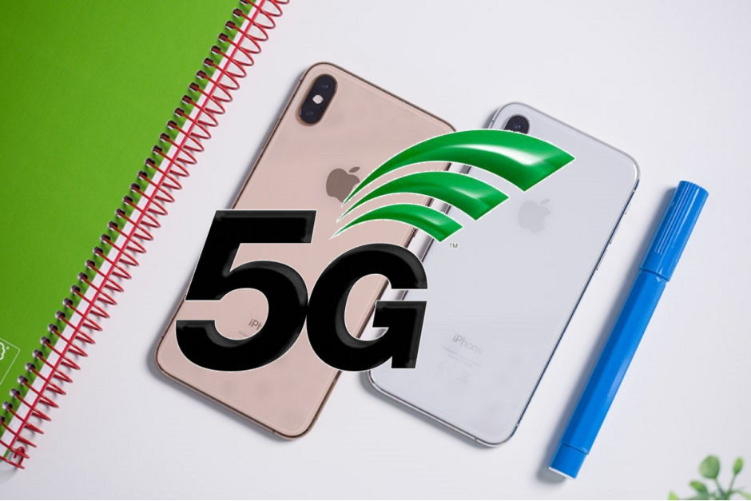
While smartphone makers are rushing to launch 5G handsets and wireless carriers to begin advancing 5G network deployments, the truce between iPhone maker Apple and semiconductor giant Qualcomm has re-drawn the 5G chip market.
Apple and Qualcomm reached a settlement last week after a two-year fierce battle between the two companies. The lawsuit threatened the iPhone’s sales in China, the US, Germany, and other countries. Apple and Qualcomm signed a six-year licensing agreement under which Apple’s iPhone will use Qualcomm chips.

Intel has been providing modem chips to the iPhone since 2017 and is developing 5G chips for Apple devices. But just a few hours after Apple and Qualcomm reached a settlement agreement, Intel announced that it will withdraw from the 5G smartphone chip market, but the company will continue to invest in 5G in other product areas.
This makes China’s Huawei become the focus of the market. Although Huawei’s 5G modem chip is currently only used on its own mobile phone, it will undoubtedly become Qualcomm’s main competitor in the 5G modem chip market. According to Jean Baptiste Su, principal analyst at research firm Atherton Research, Huawei’s 5G chip Balong 5000 is at least six months ahead of Qualcomm’s similar products.
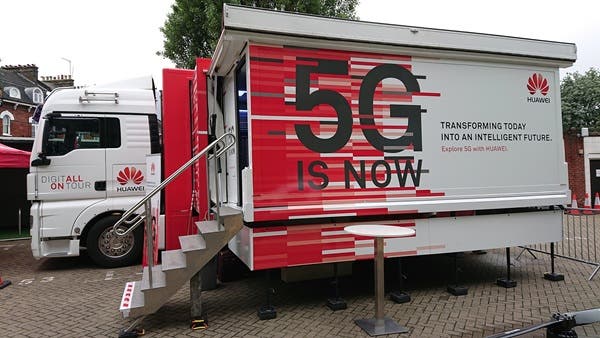
Qualcomm’s X55 chip was released earlier this year at MWC 2019 (World Mobile Congress 2019) and will not be available to smartphones until the end of this year or early 2020. The analyst said that the Baron 5000 will begin shipping in June. The first mobile phone using the Baron 5000 is Huawei’s Mate X. Another smartphone to use this chip is Huawei’s Mate 20 X, which should be launched in Q3 2019.
With Intel’s withdrawal, Qualcomm’s other major competitor in 5G component technology is South Korea’s Samsung Electronics. But so far, the chips produced by this Korean company are only used for their own smartphones.
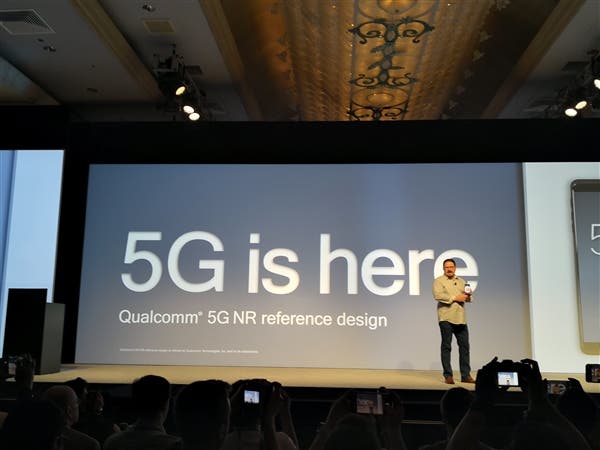
Taiwan’s MediaTek is only a competitor in the low-end market, not a direct competitor of Qualcomm in the high-end market. According to data from research firm, Mordor Intelligence, the global smartphone 5G chipset market is expected to grow at a compound annual rate of 75% from 2019 to 2024, and 5G technology will begin commercialization this year.
Qualcomm dominates the market for communication chips, and half of the core baseband wireless chips used in global smartphones are currently offered by Qualcomm.

According to Intel CEO, Bob Swan, the unexpected settlement between Apple and Qualcomm prompted them to withdraw from the competition in the mobile 5G field, and consider evaluating whether to sell 5G mobile modem services. Apple had negotiated with Intel on the acquisition of part of its smartphone modem chip but the deal did not pull through.
Glen Hunt, chief analyst at market research firm GlobalData, said Intel’s exit from the 5G modem chip market means that Qualcomm and Huawei have become “the most visible suppliers” in the market. Hunter said that as equipment companies and chip makers continue to increase support for 5G technology, the ecosystem will expand.
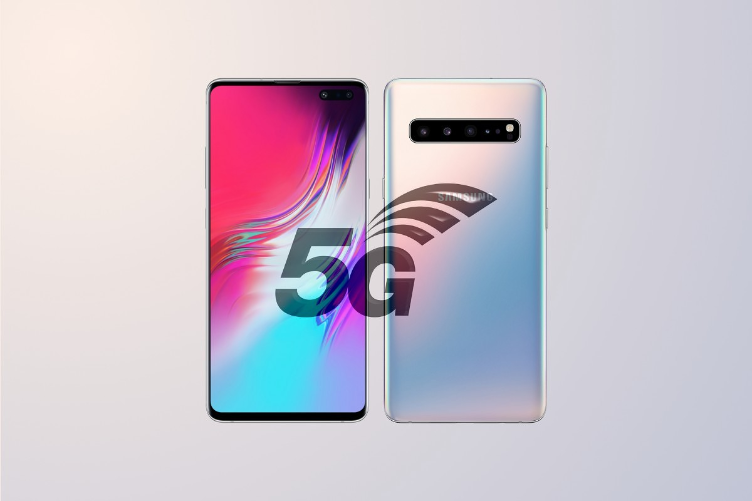
Qualcomm provides modem chips to Huawei’s mid-range smartphones, which include the “Huawei” and “Honor” product line. At the same time, Qualcomm also provides modem chips to Huawei’s Windows platform notebooks. But in other respects, Qualcomm and Huawei are competitors. HiSilicon, a semiconductor subsidiary of Huawei, designs communications and processor chips, but the products it has developed so far are only used internally by Huawei.
Qualcomm has yet to resolve a two-year licensing dispute with Huawei, but according to Jean Baptiste Su, chief analyst at research firm Atherton Research, the way the two sides resolve the licensing dispute may be similar to the one between Apple and Qualcomm. However, Huawei’s payment to Qualcomm may be much smaller, about $1 billion. The analyst expects that the dispute between Qualcomm and Huawei will be resolved soon after Apple and Samsung Electronics have settled similar cases with Qualcomm.
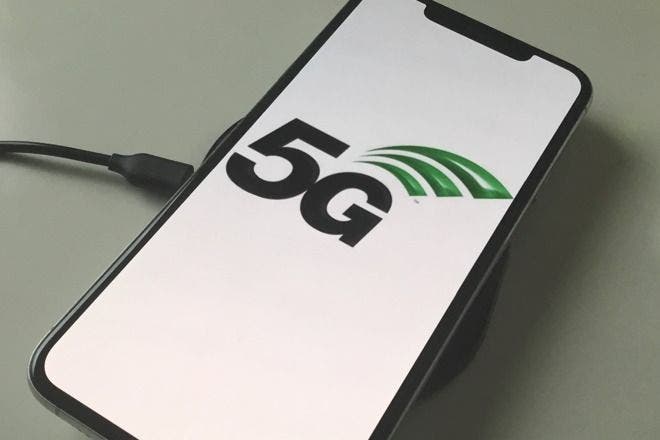
Ren Zhengfei, founder and CEO of Huawei, said in an interview with the media this month that although Huawei chips have never been sold in the past, Huawei’s independent 5G chips and other semiconductor products are available for sale to any OEM. But analysts believe that even if Huawei is willing to sell its own 5G chips to competitors such as Apple, the US government is currently suppressing Huawei, and it will become impossible for Huawei to reach a 5G chip supply agreement with Apple.
Mike Fibers, president and chief analyst of Feibus Tech, said, “It is already obvious that Huawei cannot sell 5G infrastructure and equipment to the US market. But what we don’t know is whether manufacturers that already sell mobile phones in the US market can use Huawei’s 5G chipset. This may be possible, but it is dangerous…among the manufacturers that have sold smartphones in the US market, which one will consider Huawei’s chipset? Samsung Electronics? LG? OnePlus? The most significant is Apple, and this seems to impossible.”
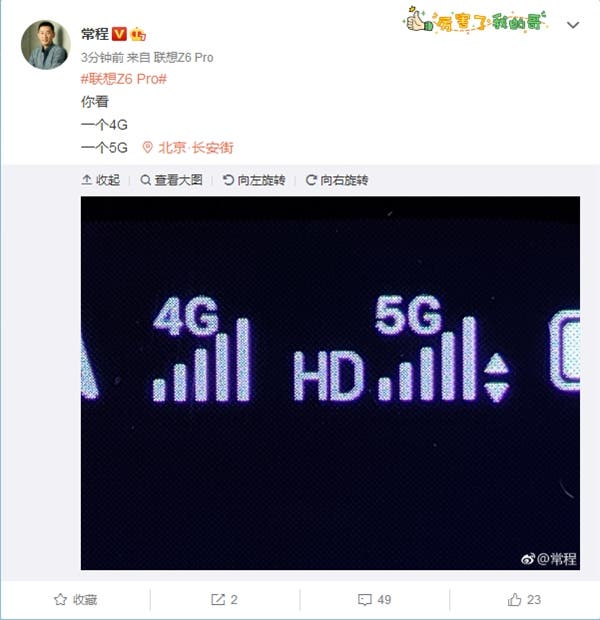
Jean Baptiste Su, a principal analyst at Atherton Research, believes that although Ren Zhengfei indicates the possibility of Huawei’s 5G chip being sold, Huawei will not sell its 5G modem chips to other smartphone brands. “Therefore, a handful of suppliers of 5G chips worldwide will remain Qualcomm, Taiwan MediaTek, and a few others.” This will probably give Qualcomm a strong edge in the 5G market.

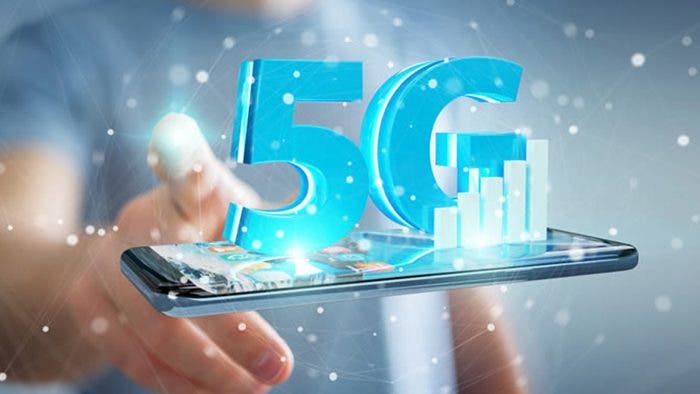

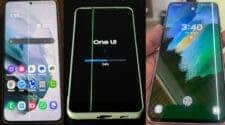


As I understand, Apple will be launching their new iphone around 22 sept 2020 and I’m assuming the microchip will be provided by Qualcomm